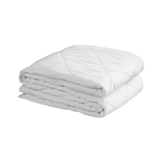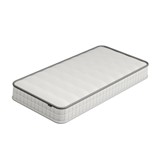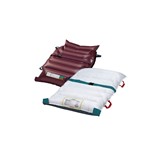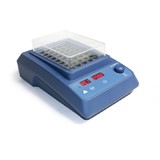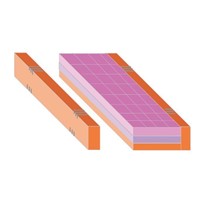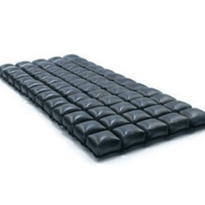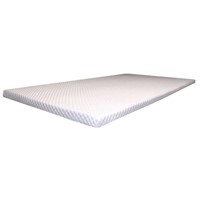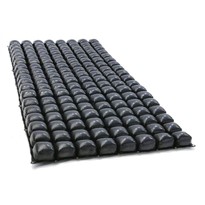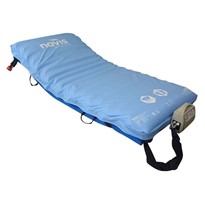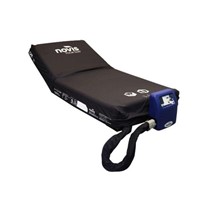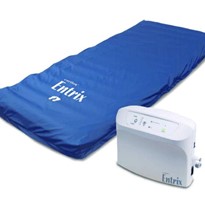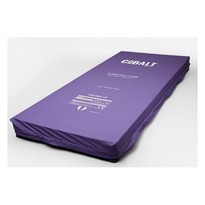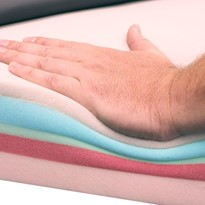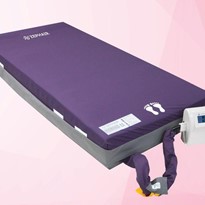Methods
Stable preterm infants of weight 1300 to 1500 grams, at least 3 days old, were eligible for enrolment. They were fully enterally fed and were in room air or receiving supplemental oxygen via sub-nasal catheter. They were randomly allocated to either the Study group (n=41, mean weight 1413g) who received care in a cot on a HWM, or Control group (n=33, mean weight 1393g) who received incubator care.
In the Study Group, the water temperature was adjusted to maintain an axillary temperature of 36.5 – 37o C, while those in Control group had the air temperature adjusted to maintain body temperature in a similar range. In the HWM group, the babies were clothed, swaddled in a cotton wrap, and covered by a blanket.
The Control group wore similar clothing, though the baby was otherwise uncovered. The mean daily body temperature and episodes of cold stress (temperature < 36.2o C) and hyperthermia (temperature 37.5o C) were recorded.
Enteral feeds were given according to nursery guidelines, and the infants weighed daily. Weight gain (g/kg body weight/day) was calculated. Mothers completed questionnaires on the perception of their infant, and on their anxiety and stress levels before randomisation, and 2-3 weeks later during the trial. The trial end point was reached when the babies attained a weight of 1750g grams, at which time they were transferred to a standard cot.
Results
The mean body temperature was similar for the first week of the trial (Study group 36.9oC vs Controls 36.9oC), though the Day 1 temperature was significantly higher in the Study group. There was no significant differences in the incidence of cold stress between the groups, while more hyperthermic episodes were seen in the Study group (P=0.03). There were no significant differences in weight gain during the first (Study group 21.4 g vs Controls 19.6g) or second weeks of the trial (Study group 20.5g vs Controls 19.2g).
Neonatal morbidity including apnoeic episodes and episodes of sepsis was no different between the two groups. There were no differences in maternal perception of their babies, or the feelings of stress or anxiety. Mothers however commented favourably about easy accessibility to the babies nursed on the HWM.
Conclusions
There were no statistical differences between the infants being cot-nursed using the HWM compared to those receiving incubator care except for episodes of high temperature. There were positive maternal comments about the HWM. The results suggest that the HWM may be used safely for low weight preterm infants.








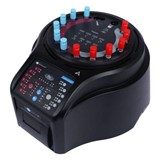
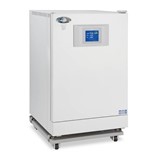
-160x160-state_article-rel-cat.png)


